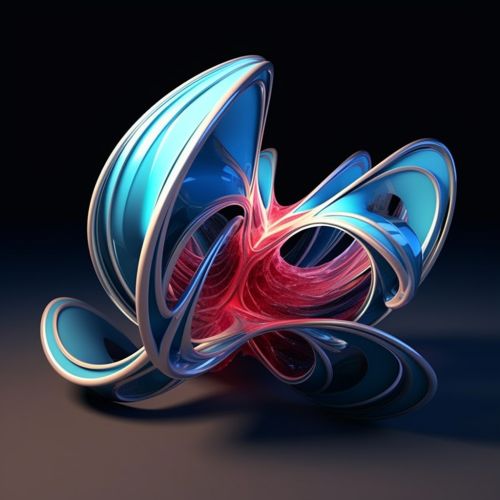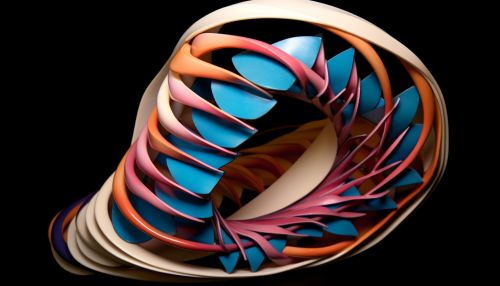Protein
Overview
Proteins are large, complex molecules that play many critical roles in the body. They do most of the work in cells and are required for the structure, function, and regulation of the body's tissues and organs. Proteins are made up of hundreds or thousands of smaller units called amino acids, which are attached to one another in long chains. There are 20 different types of amino acids that can be combined to make a protein. The sequence of amino acids determines each protein's unique 3-dimensional structure and its specific function.
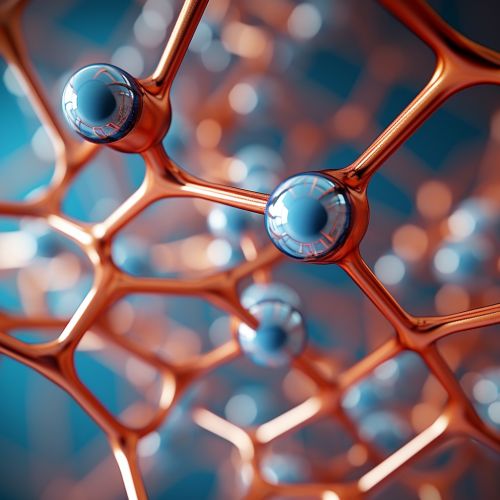
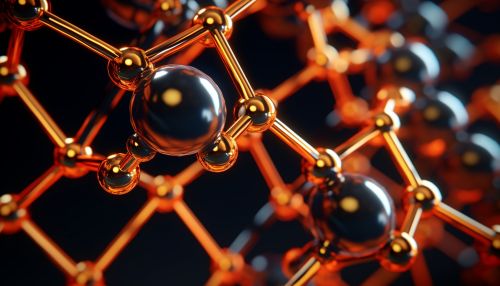
Structure
Proteins can be described according to their large range of functions in the body, listed in alphabetical order: adhesion, enzyme catalysis, cell signaling, immune responses, cell adhesion, and the cell cycle. Protein structure is dynamic; the protein made following a specific protein's synthesis often must be modified in other ways before it can perform its functions in cells.
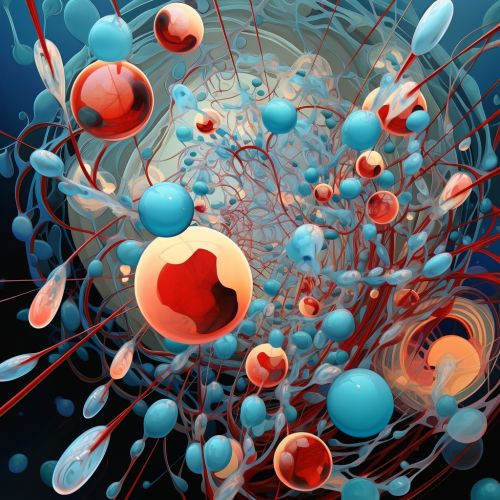
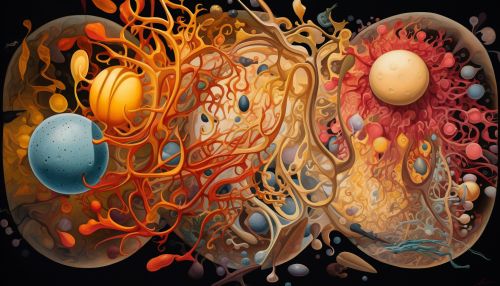
Functions
Proteins are the workhorses of the cell, carrying out most of the processes that keep cells alive and functional. They are essential for the structure, function, and regulation of the body's tissues and organs. Proteins are involved in nearly every process that occurs in a cell, including cell signaling, immune responses, cell adhesion, active transport, and cell cycle.
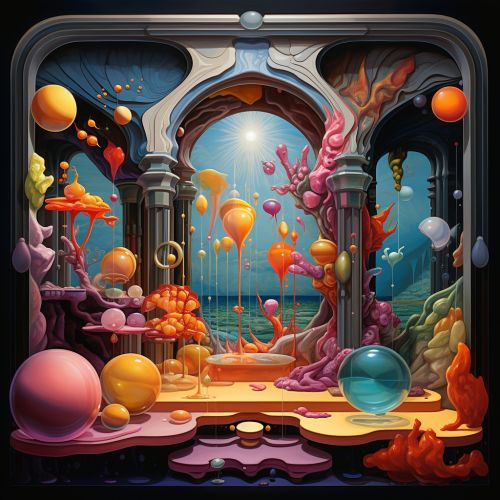
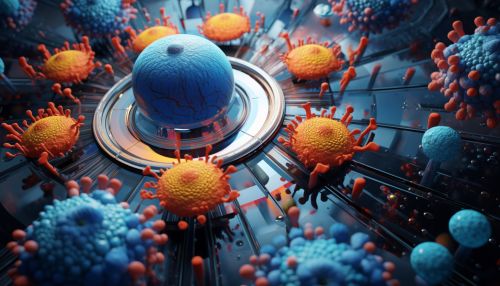
Types of Proteins
There are many types of proteins, each with a unique function. Some proteins, like actin or myosin, are involved in muscle contraction and movement. Others, such as insulin, play a role in metabolic regulation. Antibodies are proteins that bind to specific foreign particles, such as viruses and bacteria, to help protect the body.
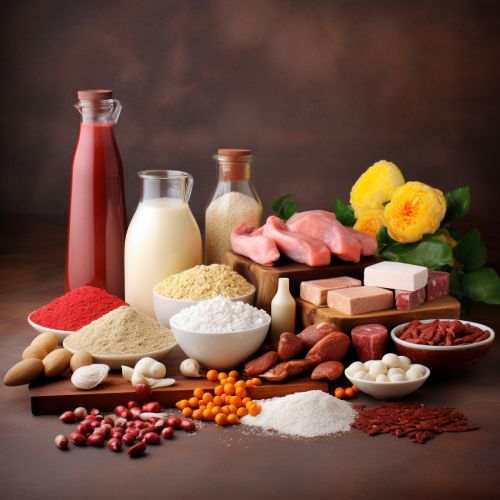
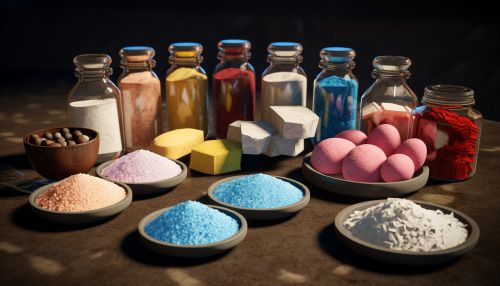
Protein Synthesis
Protein synthesis is the process by which proteins are produced in cells. This process involves the translation of genetic information from DNA into proteins by way of messenger RNA. The process of protein synthesis is complex and involves numerous steps and molecules, each of which must function correctly in order for the protein to be produced correctly.
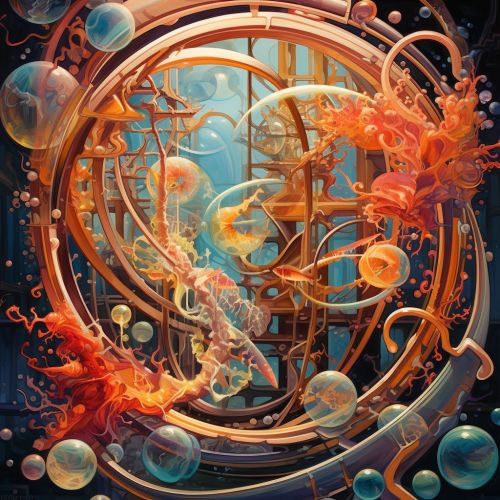
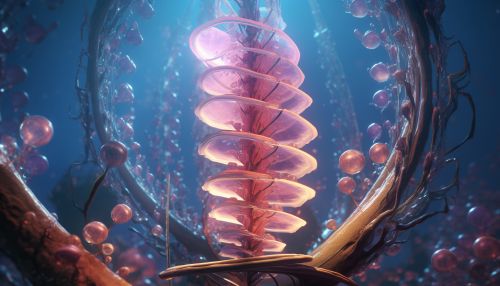
Protein Folding
Protein folding is the process by which a protein structure assumes its functional shape or conformation. It is the physical process by which a polypeptide folds into its characteristic and functional three-dimensional structure from a random coil. Each protein exists as an unfolded polypeptide or random coil when translated from a sequence of mRNA to a linear chain of amino acids.
